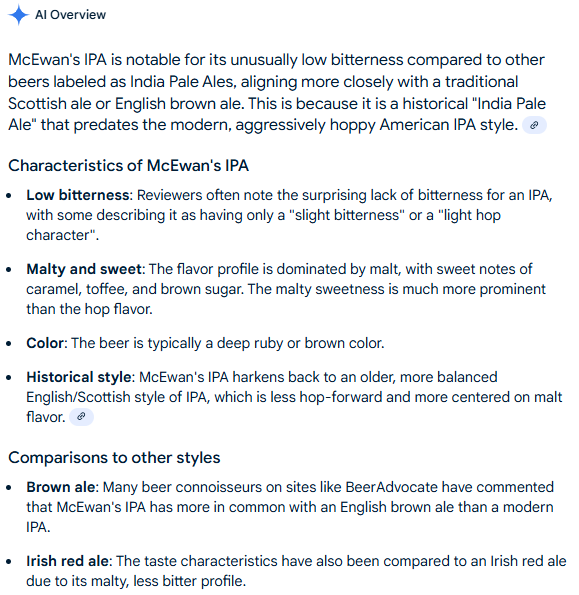If you really want to learn about brewing in Scotland read Ron Pattinson's blog, Shut Up About Barclay Perkins and read one of the books he has written on the subject. A LOT of myths are debunked using actual Scottish brewing logs and brew records. Your list includes some of those myths like kettle caramelization. The Scots did not boil any longer than their English counterparts. "Plenty of conditioning"? Hardly. They brewed a range of beers some served mild (fresh) and some that was aged just like any other brewery. And while y'all are arguing over Scotch, Scottish, Scots keep in mind that beer brewed in Scotland was only called Scottish Ale, Scots Ale, etc. outside of Scotland. In country it was just ale.
Edit: the little to no hop aroma is BS also and for the same reason... Scottish brewers made a full range of beers and some with quite high hopping rates. Much of what is passed off as truths in Scottish brewing are nothing more than romantic speculation. Much of it perpetuated by early beer writers who were/are so revered that todays authors don't even think to question those early assertations and end up repeating and perpetuating the myths.
Edit: the little to no hop aroma is BS also and for the same reason... Scottish brewers made a full range of beers and some with quite high hopping rates. Much of what is passed off as truths in Scottish brewing are nothing more than romantic speculation. Much of it perpetuated by early beer writers who were/are so revered that todays authors don't even think to question those early assertations and end up repeating and perpetuating the myths.
Last edited:



